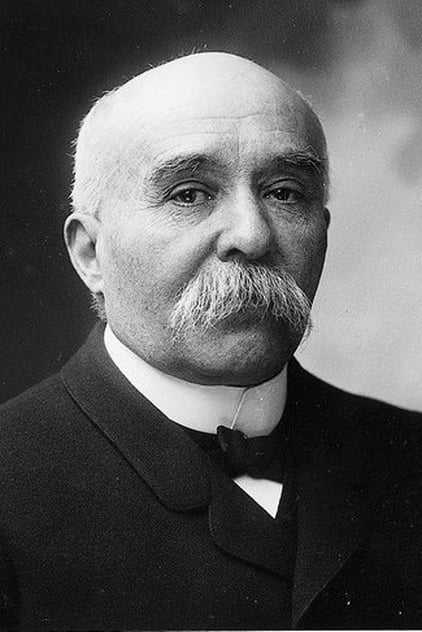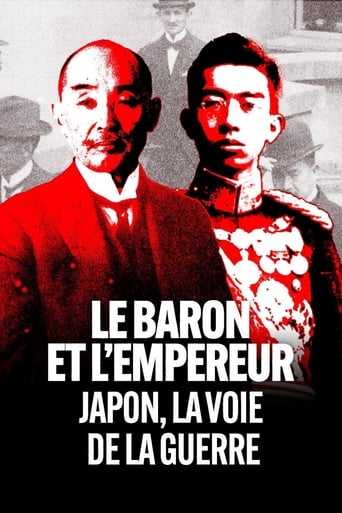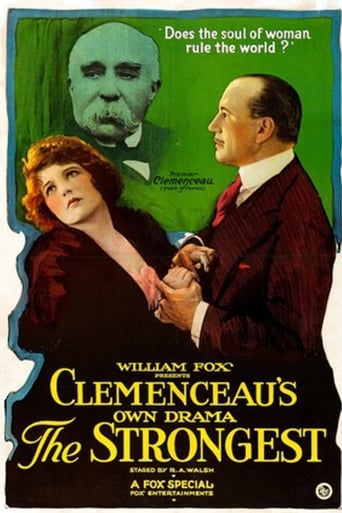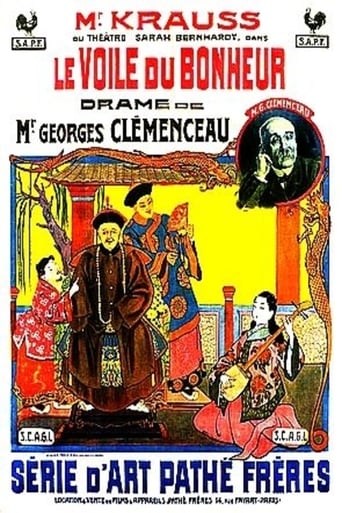
Georges Clemenceau
Georges Benjamin Clemenceau (/ˈklɛmənsoʊ/,[1] also US: /ˌklɛmənˈsoʊ, ˌkleɪmɒ̃ˈsoʊ/,[2][3] French: [ʒɔʁʒ bɛ̃ʒamɛ̃ klemɑ̃so];[a] 28 September 1841 – 24 November 1929) was a French statesman who served as Prime Minister of France from 1906 to 1909 and again from 1917 until 1920. A key figure of the Independent Radicals, he was a strong advocate of separation of church and state, amnesty of the Communards exiled to New Caledonia, as well as opposition to colonisation. Clemenceau, a physician turned journalist, played a central role in the politics of the Third Republic, most notably successfully leading France through the end of the First World War. After about 1,400,000 French soldiers were killed between the German invasion and Armistice, he demanded a total victory over the German Empire. Clemenceau stood for reparations, a transfer of colonies, strict rules to prevent a rearming process, as well as the restitution of Alsace–Lorraine, which had been annexed to Germany in 1871. He achieved these goals through the Treaty of Versailles signed at the Paris Peace Conference (1919–1920). Nicknamed Père la Victoire ("Father of Victory") or Le Tigre ("The Tiger"), he continued his harsh position against Germany in the 1920s, although not quite so much as President Raymond Poincaré or former Supreme Allied Commander Ferdinand Foch, who thought the treaty was too lenient on Germany, famously stating: "This is not peace. It is an armistice for twenty years." Clemenceau obtained mutual defence treaties with the United Kingdom and the United States, to unite against a possible future German aggression, but these never took effect.
- Title: Georges Clemenceau
- Popularity: 0.001
- Known For: Acting
- Birthday: 1841-09-28
- Place of Birth: Mouilleron-en-Pareds, France
- Homepage:
- Also Known As:








